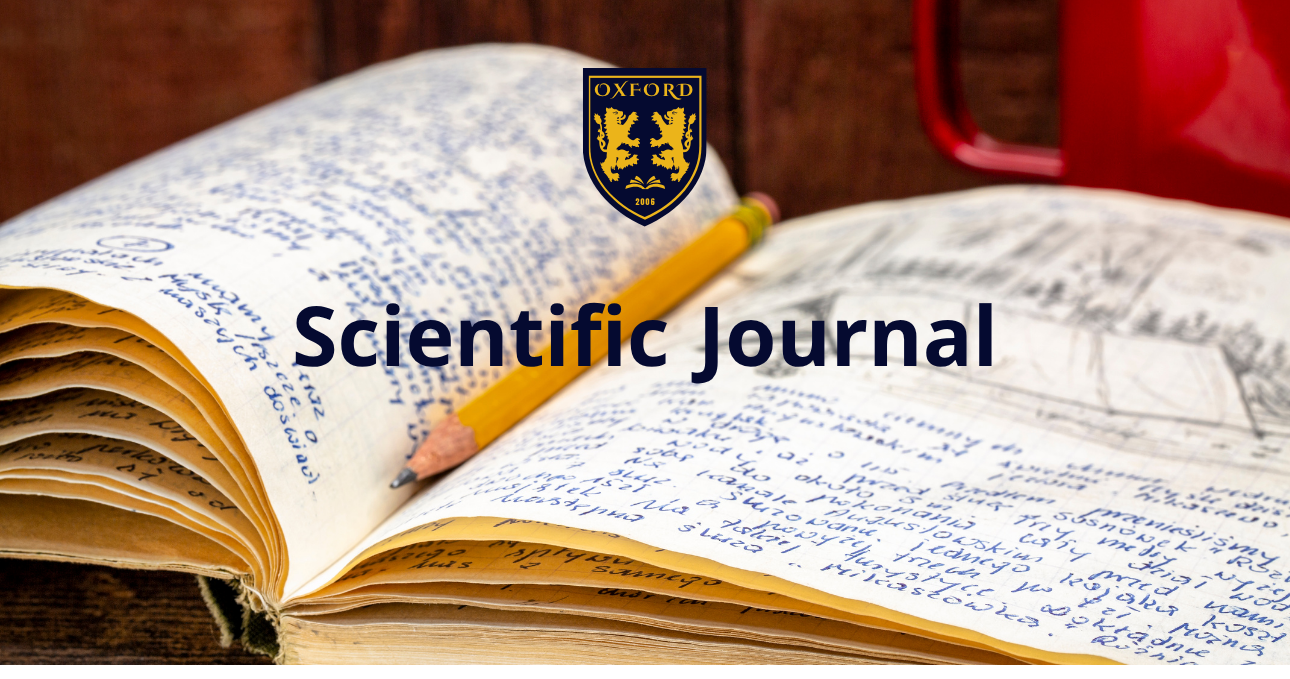By Dr. Alistair Finch Senior Education Strategist, Oxford College
Abstract
This research aims to explore and analyze modern teaching methods that have emerged in response to the rapid technological and intellectual developments of the 21st century. The study reviews the fundamental concepts of these methods, including active learning, blended learning, project-based learning, and digital learning, highlighting the prominent educational theories that support them. The research also discusses the benefits of applying these methods in various educational environments, the challenges that may face the transformation process, and provides recommendations for effective and sustainable implementation aimed at enhancing the quality of education and its outcomes.
1. Introduction
The world is witnessing profound transformations in all aspects of life, with the technological and information revolution being the main driver of these changes. The education sector has not been immune to this impact; instead, it has become at the forefront of areas requiring continuous review and development. Traditional methods, which focus on passive rote learning, are no longer sufficient to prepare learners to face the challenges of the knowledge and innovation age. Hence, there has been an urgent need to adopt modern teaching methods that focus on the learner, foster critical thinking, develop problem-solving and creativity skills, and prepare them to keep pace with the changing demands of the job market. This research reviews these methods and provides insights into their application and impact.
2. Core Concepts of Modern Teaching Methods
Modern teaching methods are characterized by their diversity and integration, sharing a primary goal of shifting the educational process from being teacher-centered to learner-centered, making the learner the core of the educational process. Among the most prominent of these methods are:
- Active Learning: This method involves engaging the learner actively in the learning process, rather than passively receiving information. This includes activities that require the learner to think, analyze, discuss, and solve problems. Examples include group discussions, brainstorming, case studies, role-playing, and collaborative learning. The effectiveness of active learning is rooted in constructivist learning theories, which emphasize that learners construct their own knowledge through interaction with their environment.
- Project-Based Learning (PBL): This method focuses on organizing learning around real-world projects or complex questions that require learners to research, investigate, and collaborate to solve problems and present a final product or solution. This method develops critical thinking, problem-solving, research, collaboration, and communication skills. It aligns with experiential learning theory, which posits that learning occurs best when learners engage in meaningful experiences.
- Blended Learning: This approach combines elements of traditional face-to-face learning with elements of digital online learning. This mix allows for leveraging the strengths of both environments, where learners can access educational content online anytime and anywhere, while benefiting from direct interaction with the teacher and peers in traditional classrooms. Blended learning contributes to enhanced flexibility and personalization of the learning path to suit individual needs.
- Digital Learning/E-learning: This method relies entirely or almost entirely on the use of digital technologies and the internet to deliver educational content, facilitate interaction, and conduct assessments. This includes online courses, Learning Management Systems (LMS), Open Educational Resources (OER), and the use of learning applications. Digital learning opens vast opportunities for wider access to education and provides personalized learning experiences.
- Gamification: This is the application of game-design elements and game principles in non-game contexts, with the aim of enhancing engagement and motivation. In education, points, badges, levels, and challenges can be used to make the learning process more appealing and stimulating, thereby increasing learners’ motivation to continue learning and achieve goals.
3. Pedagogical Benefits of Modern Teaching Methods
Adopting modern teaching methods encompasses a wide range of benefits for learners, educators, and educational institutions as a whole:
- Enhanced Learner Engagement and Motivation: Modern methods transform the learner from a passive recipient to an active and engaged participant in the learning process, increasing their interest and motivation to acquire knowledge.
- Development of 21st-Century Skills: These methods focus on developing essential skills such as critical thinking, problem-solving, creativity, innovation, collaboration, and effective communication—skills crucial for success in life and work.
- Personalized Learning Paths: Modern technologies and blended approaches allow for adapting content and teaching methods to suit individual learners’ needs and diverse learning styles, fostering deeper understanding.
- Preparation for the Job Market: Through project-based learning and exposure to digital tools, learners gain practical experiences relevant to job market demands, reducing the gap between educational outcomes and industry needs.
- Cultivating Autonomy and Responsibility: Active and self-directed learning encourages learners to take responsibility for their own learning, fostering their independence and lifelong learning skills.
4. Challenges and Recommendations for Effective Implementation
Despite their significant benefits, the implementation of modern teaching methods faces several challenges that must be addressed to ensure their effectiveness:
- Challenges:
- Technological Infrastructure: The need to provide adequate devices, stable internet connectivity, and reliable educational platforms.
- Teacher Training and Development: The shift requires educators to adopt new roles (as facilitators and guides rather than mere lecturers), which necessitates extensive and continuous training.
- Resistance to Change: Both educators and learners, accustomed to traditional methods, may show resistance to new approaches.
- Curriculum Adaptation: Existing curricula may need significant modification to align with modern, project-based, or active learning approaches.
- Assessment Methods: Traditional assessment tools might not adequately measure the skills developed through modern methods, requiring new, authentic assessment strategies.
- Funding and Resources: Implementing technological solutions and extensive training often requires substantial financial investment.
- Recommendations:
- Invest in Robust Infrastructure: Governments and educational institutions must prioritize investment in high-speed internet, modern devices, and stable Learning Management Systems (LMS).
- Continuous Professional Development for Educators: Implement comprehensive training programs that focus on pedagogical shifts, digital literacy, and practical application of modern teaching strategies. This should be ongoing and supportive.
- Foster a Culture of Innovation: Encourage experimentation and provide a safe environment for educators to try new methods. Highlight success stories to inspire others.
- Curriculum Redesign: Review and adapt existing curricula to incorporate project-based learning, inquiry-based approaches, and opportunities for active engagement.
- Develop Authentic Assessment: Shift towards assessment methods that truly measure 21st-century skills, such as portfolios, presentations, performance-based tasks, and peer assessments.
- Promote Collaborative Learning Communities: Create networks for educators to share experiences, best practices, and support each other in integrating modern methods.
- Engage Stakeholders: Involve parents, students, and community members in understanding and supporting the transition to modern educational approaches.
5. Conclusion
The adoption of modern teaching methods is no longer an option but a necessity for preparing learners for the complexities of the contemporary world. While challenges exist, the profound benefits—ranging from enhanced learner engagement and the development of critical 21st-century skills to better preparation for the job market—outweigh the difficulties. By strategically addressing infrastructure, teacher training, and cultural shifts, educational systems can successfully transform to foster environments where learners are active participants, critical thinkers, and lifelong learners, ultimately contributing to a more innovative and knowledgeable society. The future of education lies in embracing these transformative approaches to unlock the full potential of every learner.
Keywords
- Modern Teaching Methods
- Active Learning
- Blended Learning
- Project-Based Learning
- Digital Learning
- Educational Technology
- Teacher Development
- 21st Century Skills
- Modern Assessment
- Educational Transformation
- Pedagogical Innovation
- Quality Education


